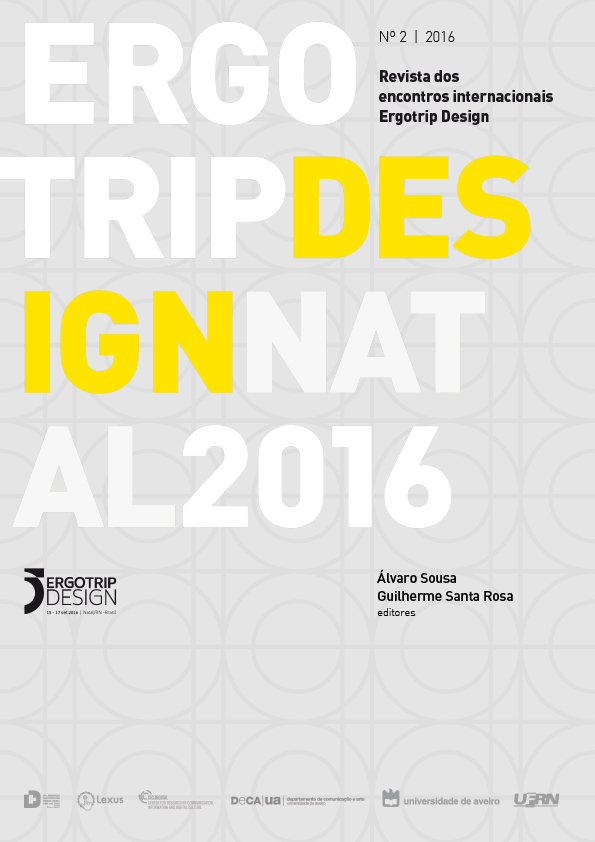Avaliação da usabilidade de um sistema eletrônico interativo para auxiliar na reabilitação motora e cognitiva de pacientes com acidente vascular cerebral
Resumo
Os Serious games são cada vez mais usados como adjuvantes para suplementar terapias tradicionais. Uma das etapas mais importantes para sua implementação é a avaliação de usabilidade com uma amostra de usuários.
OBJETIVOS: Avaliar a usabilidade de um serious game voltado para a reabilitação motora de pacientes pós-acidente vascular cerebral (AVC).
METODOLOGIA: 21 indivíduos avaliaram o jogo digital “O Caçador de Relíquias Perdidas” que utiliza a luva multissensorial “NEDGlove”, ambos desenvolvidos pelo grupo de pesquisa NeuroErgoDesign, da UFRN. Os participantes foram submetidos a duas sessões de 5 minutos com o jogo. Para análise estatística, utilizamos o teste de Wilcoxon e correlação de Spearman.
RESULTADOS: Existem correlações significativas entre o grau de experiência e os aspectos visuais, concentração, adaptação e imersão ao ambiente virtual. Evidenciou-se, também, correlação entre o funcionamento do hardware e software com o desempenho na tarefa.
CONCLUSÃO: Os resultados de usabilidade do sistema com indivíduos saudáveis credenciam o sistema para ser testado com sua população-alvo, pacientes em reabilitação pós-AVC.





